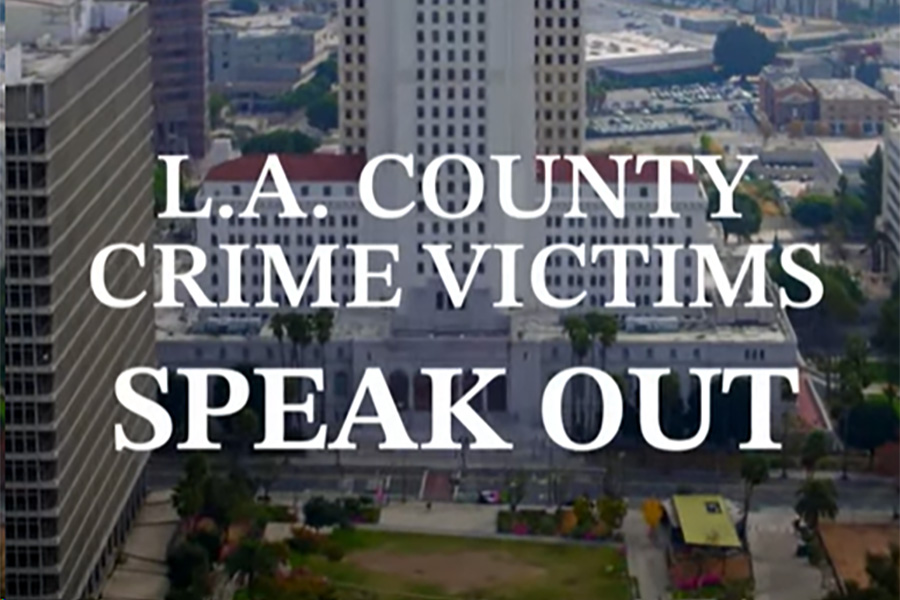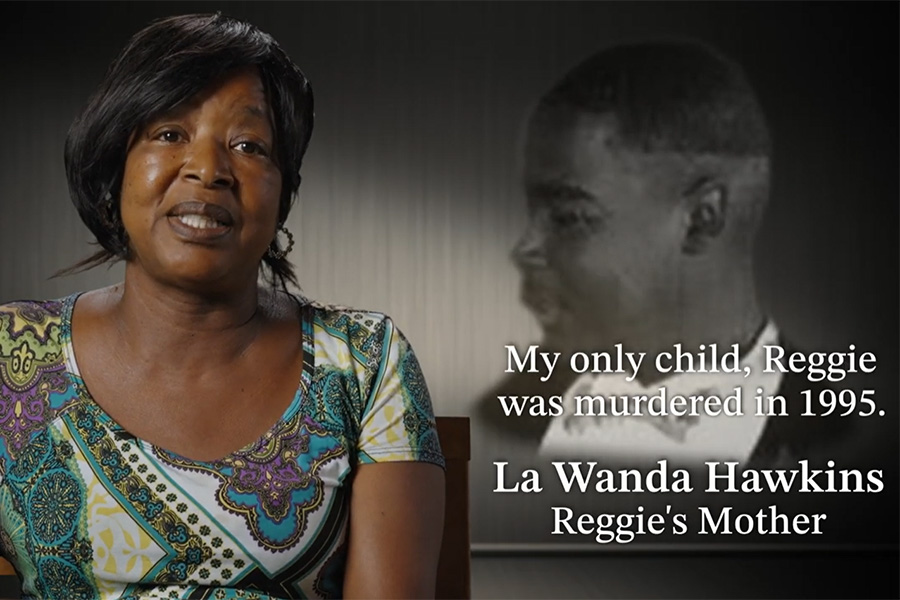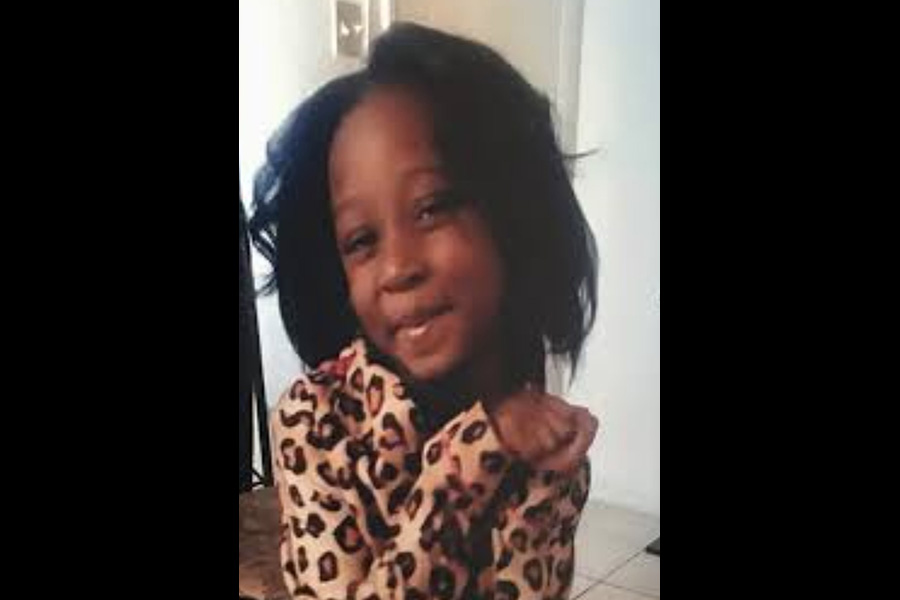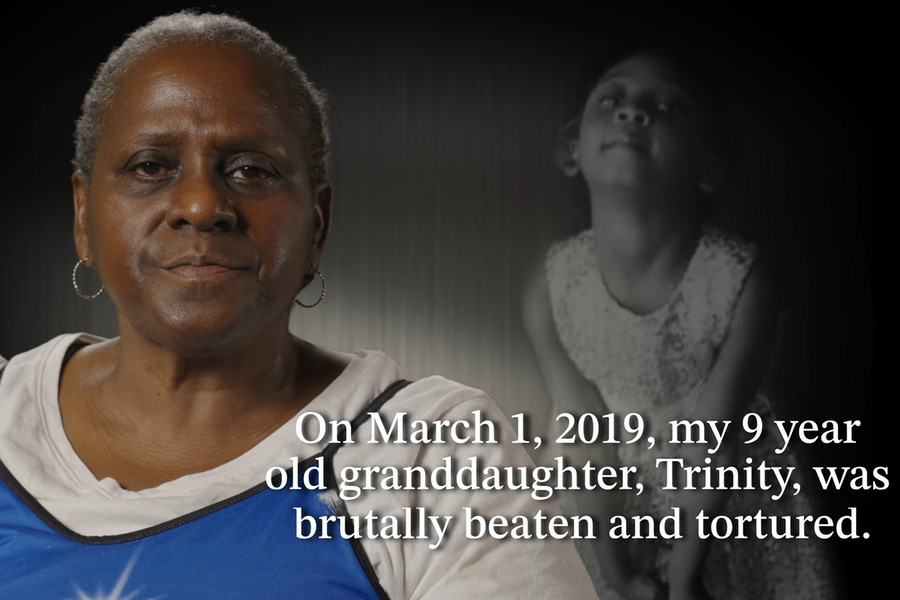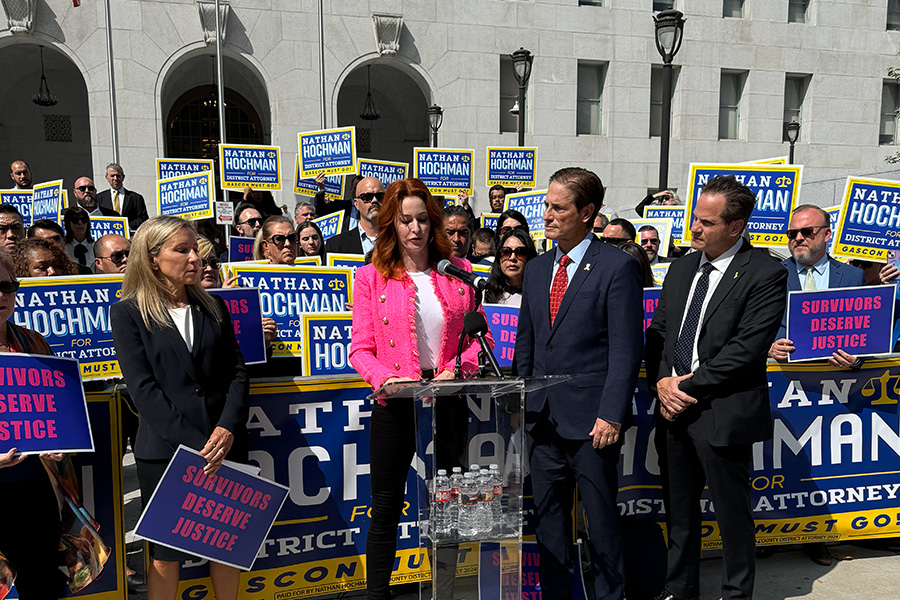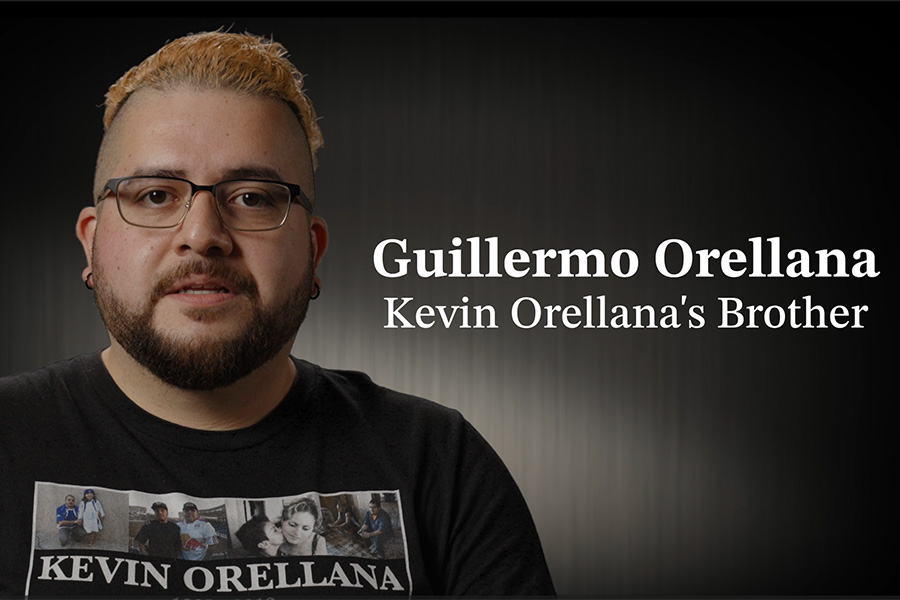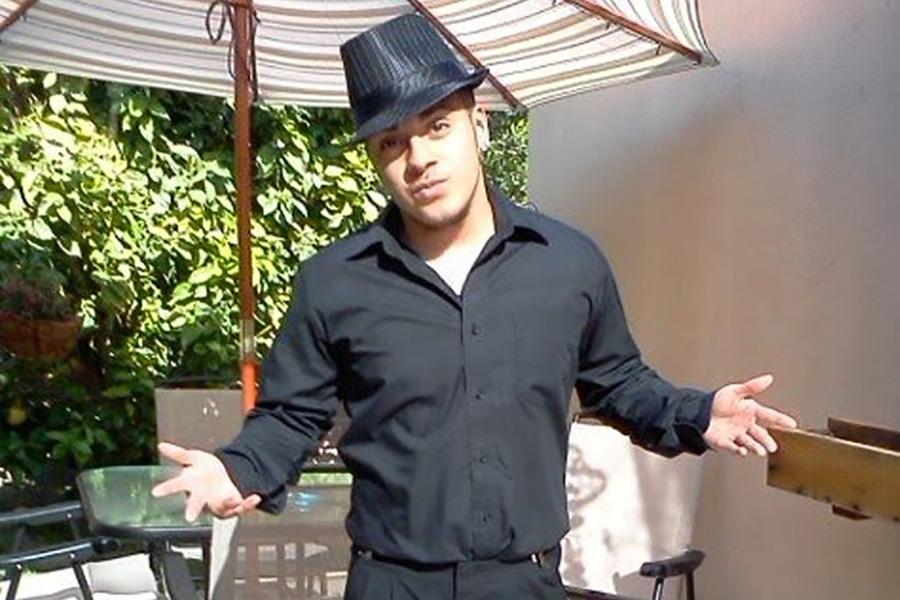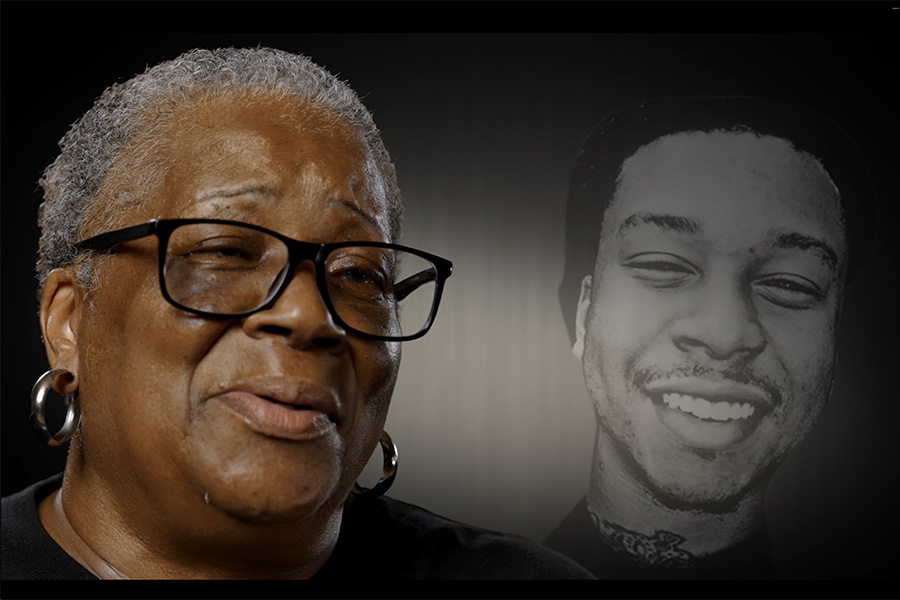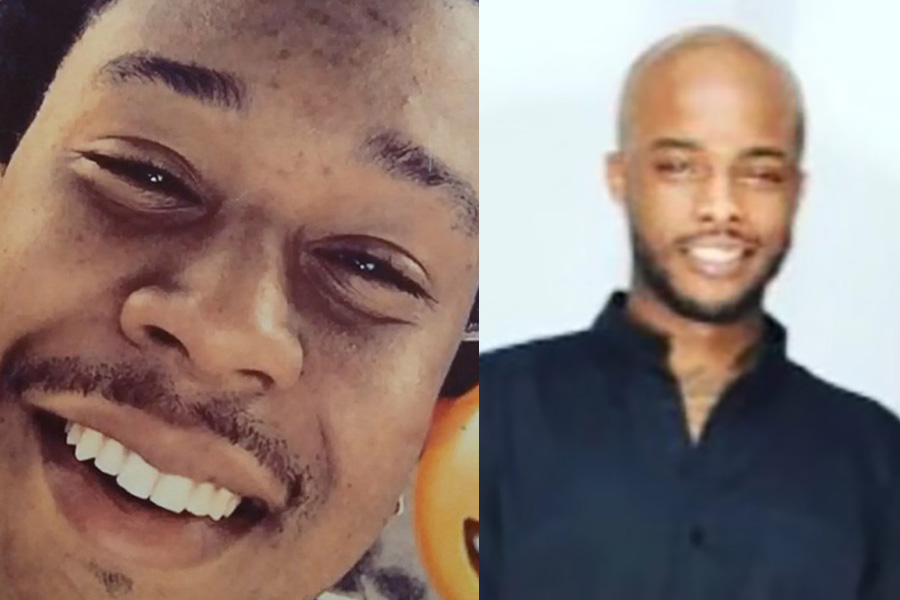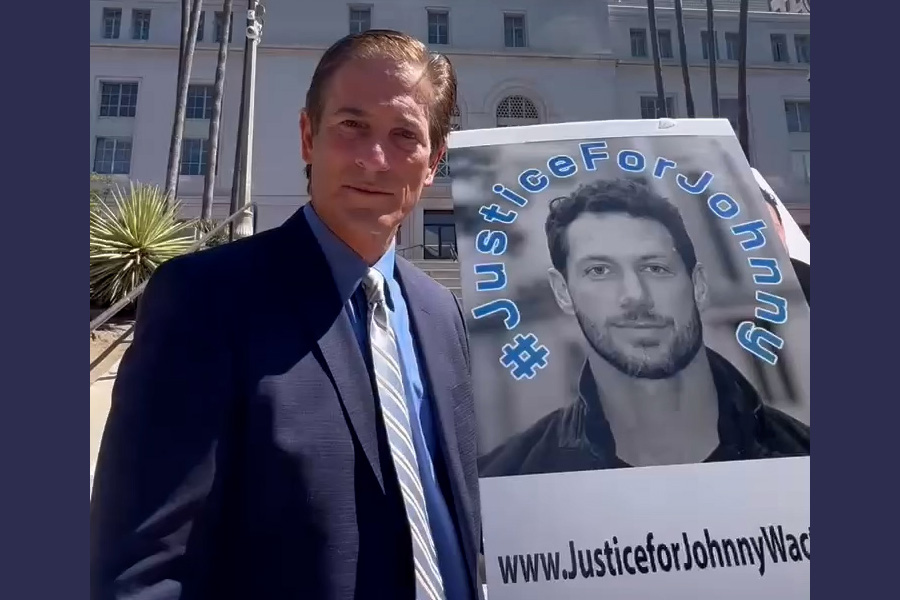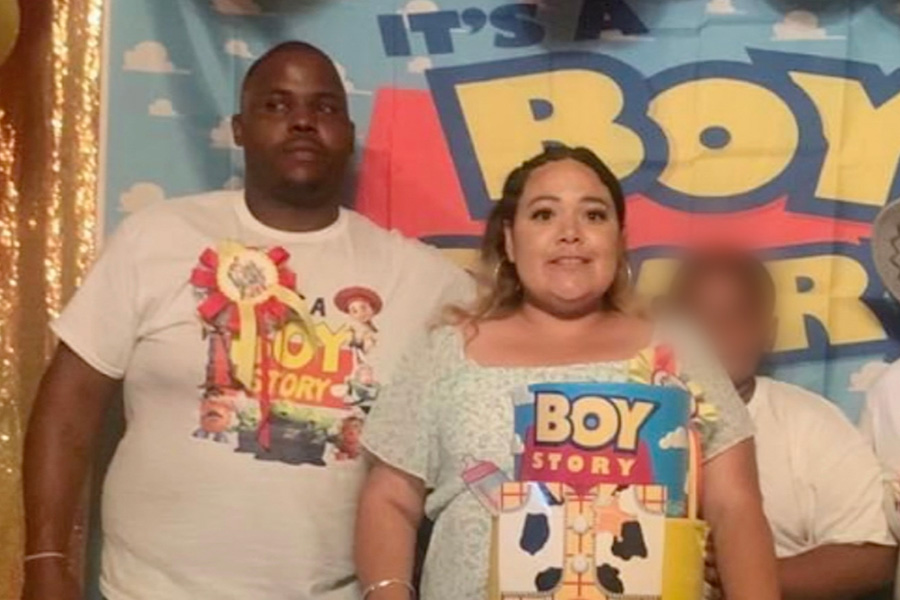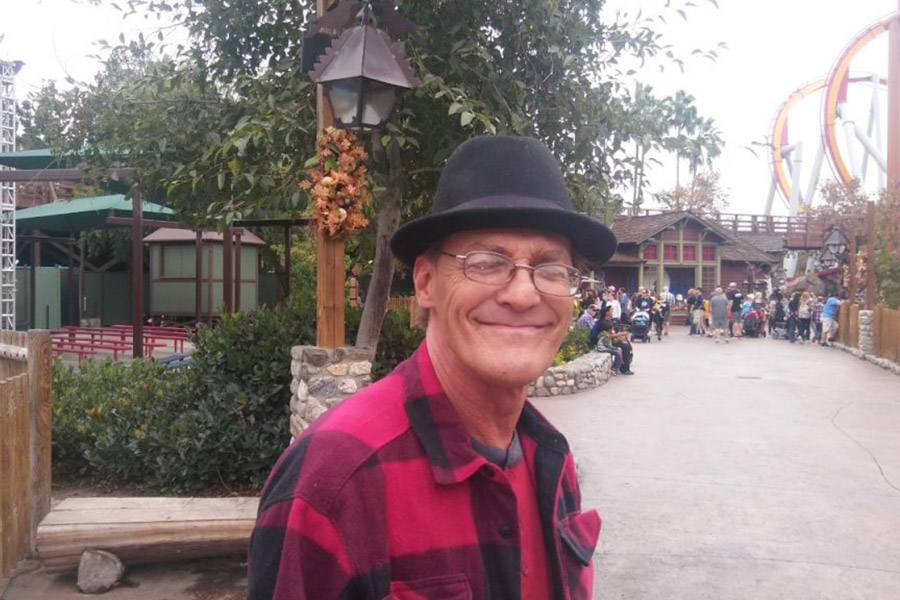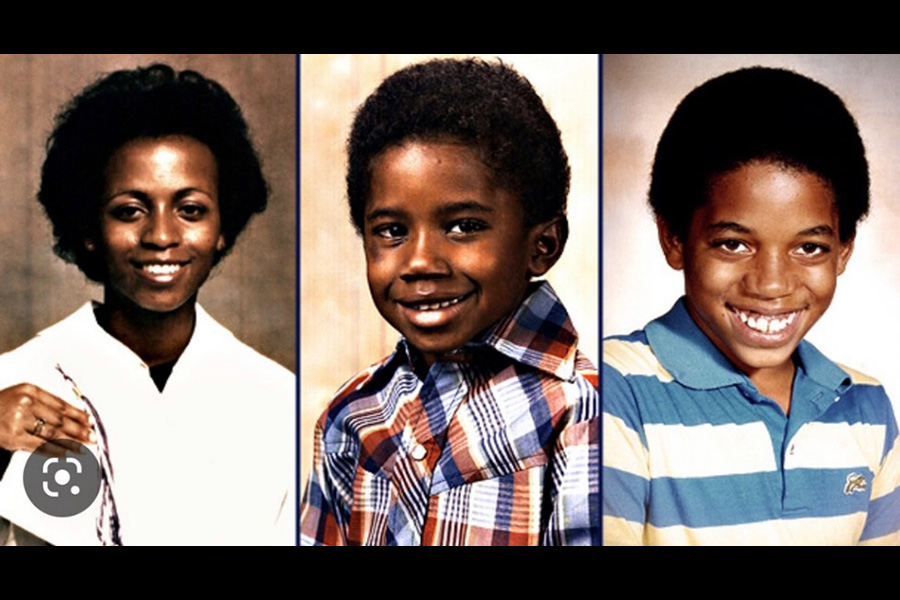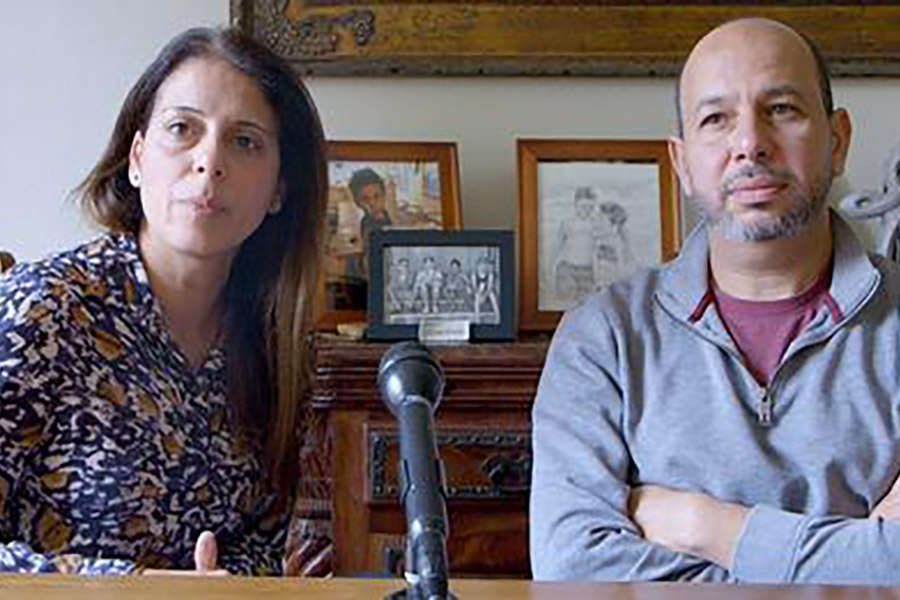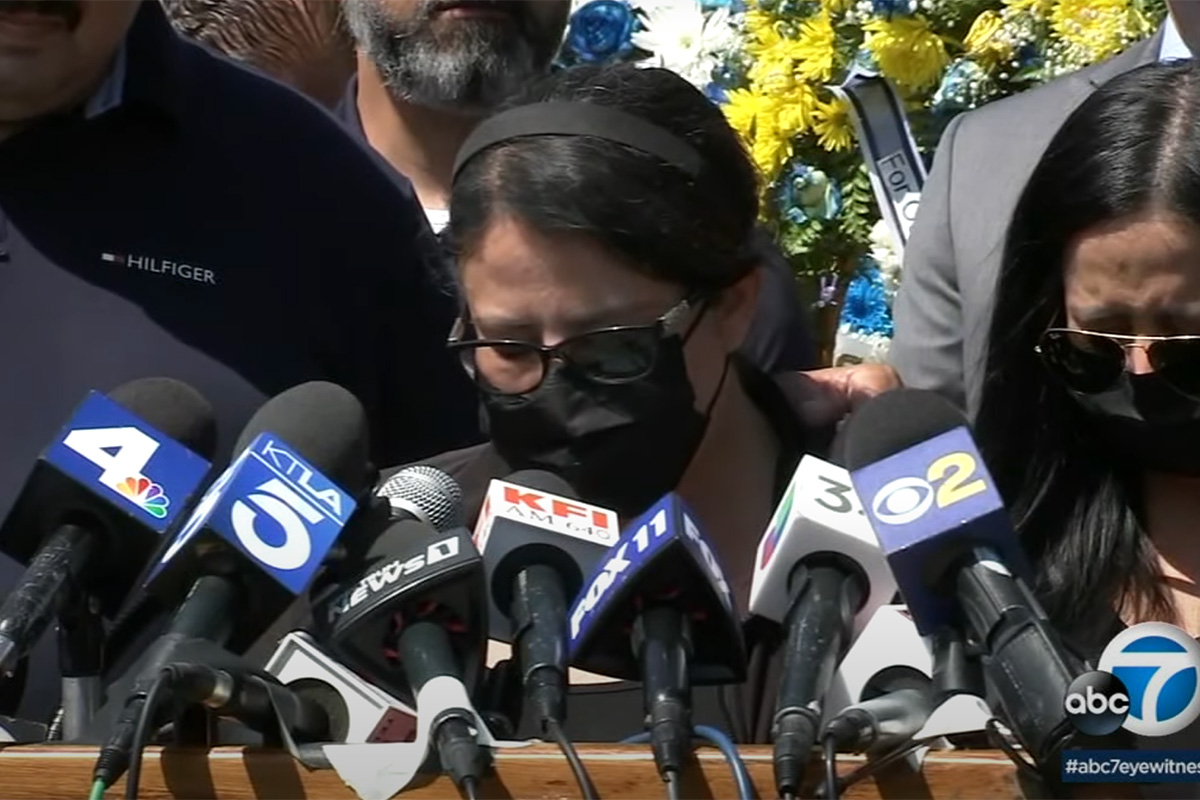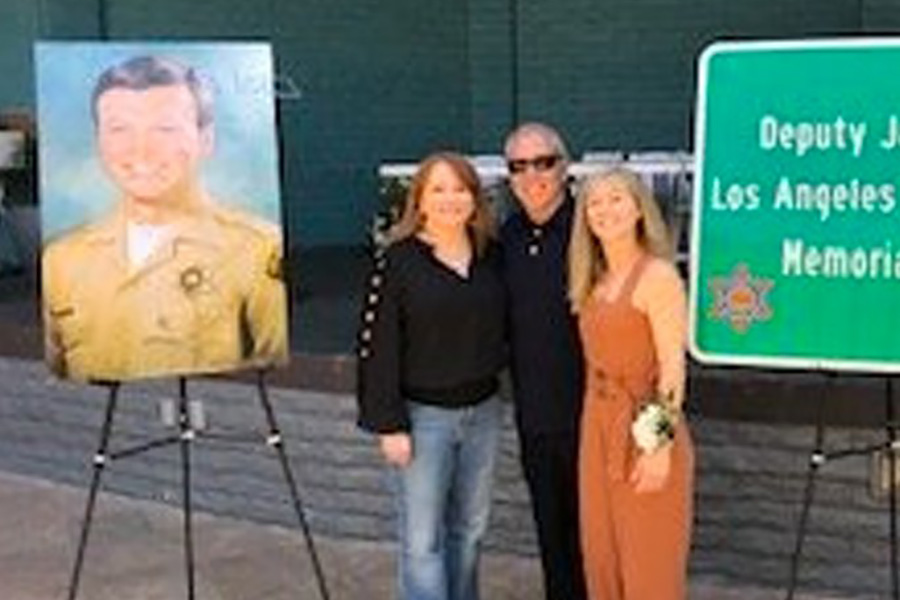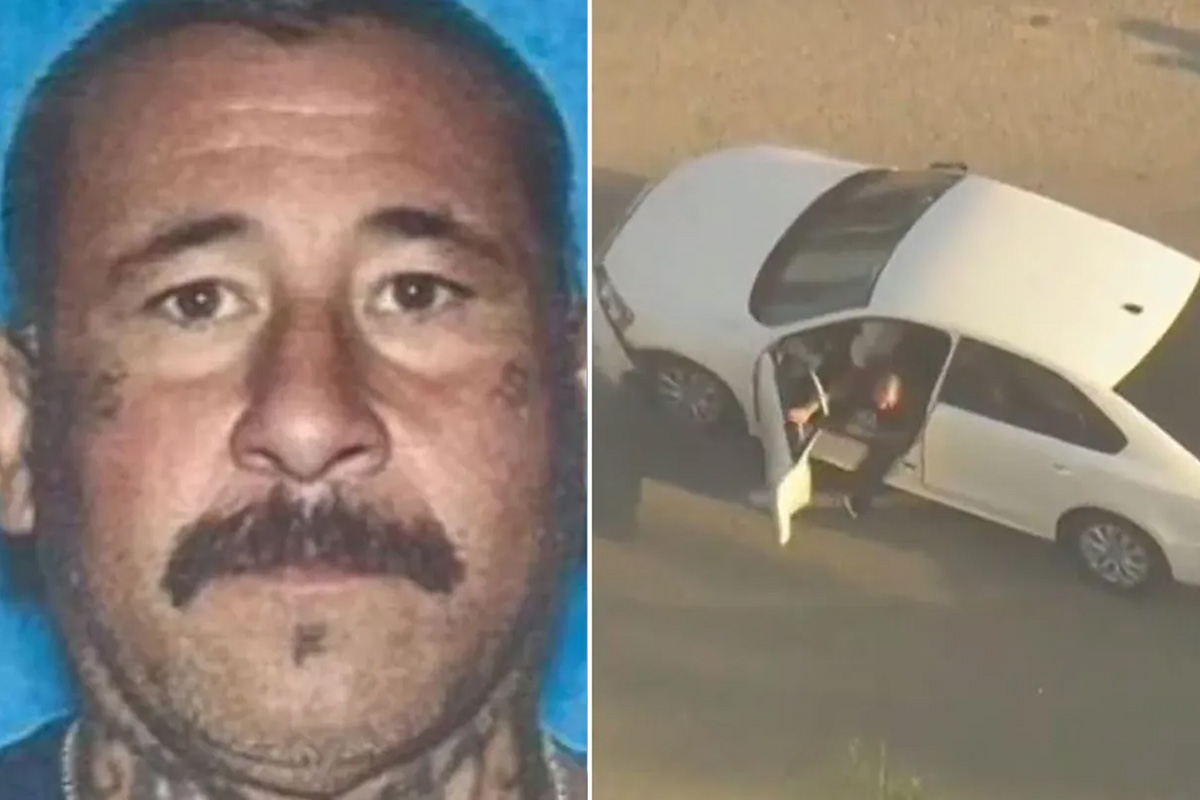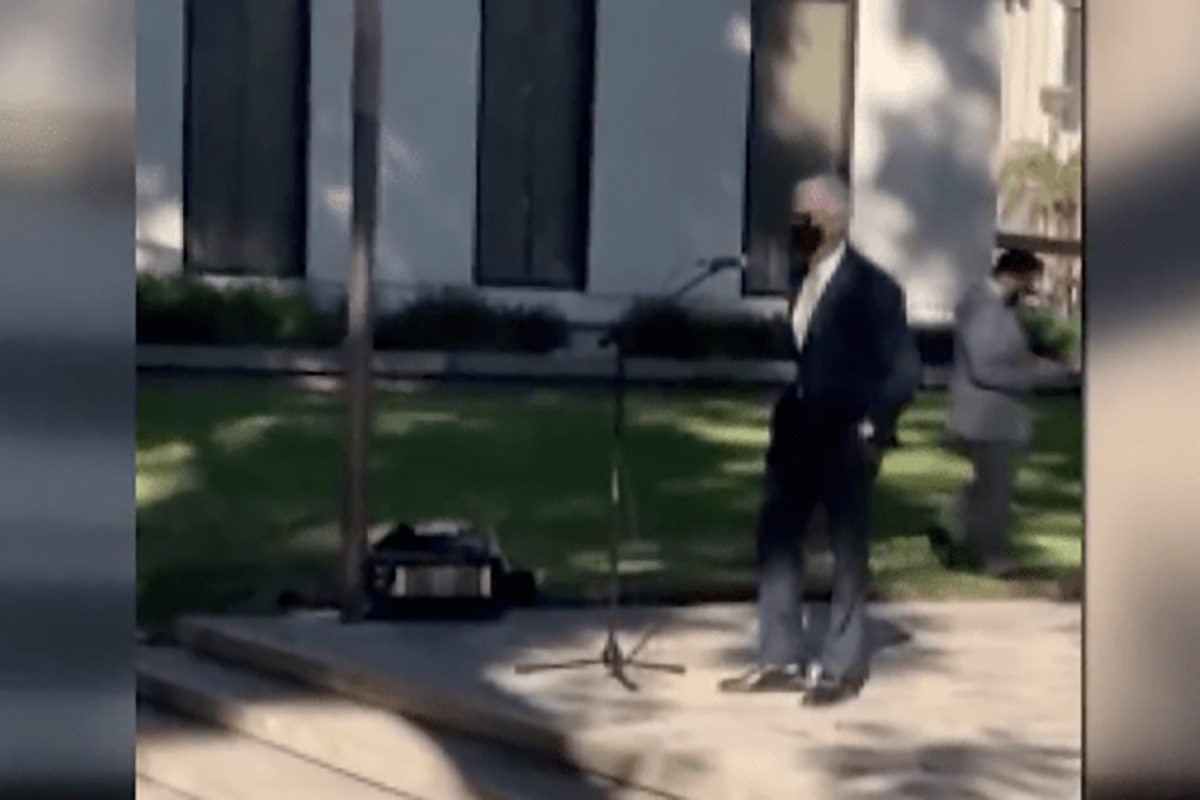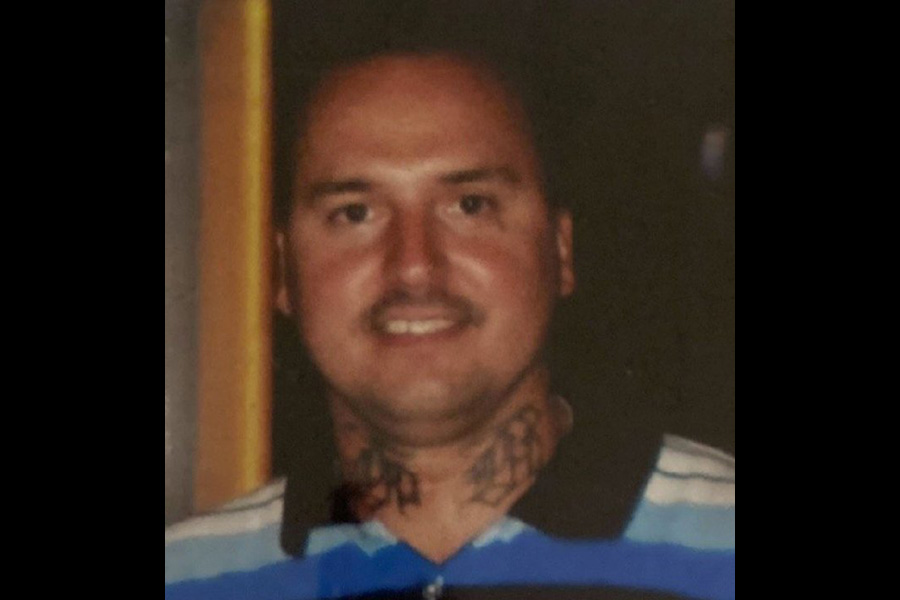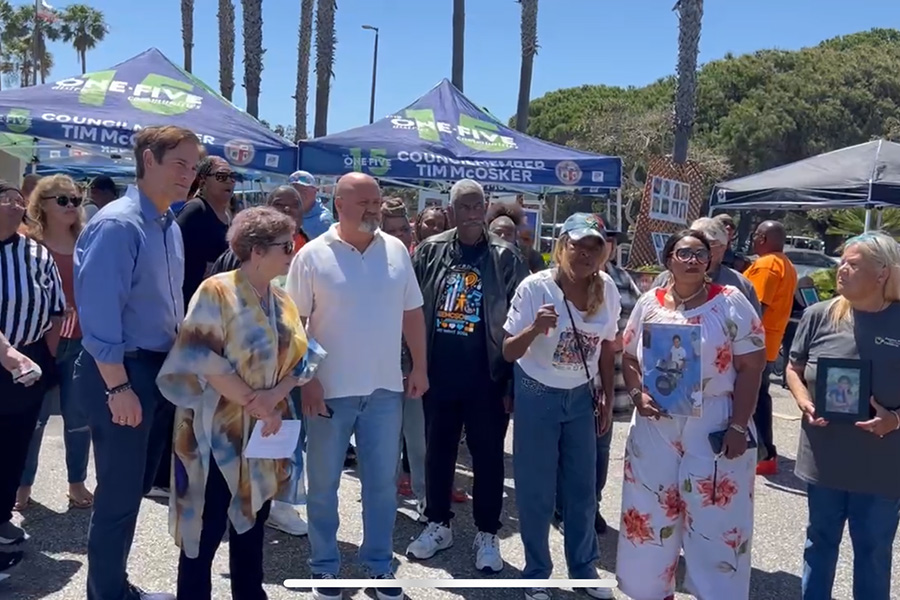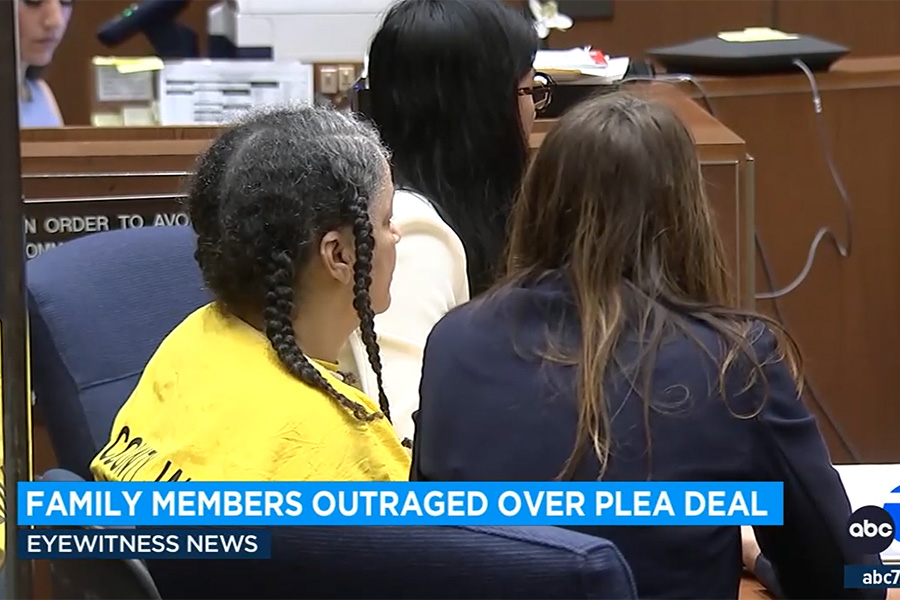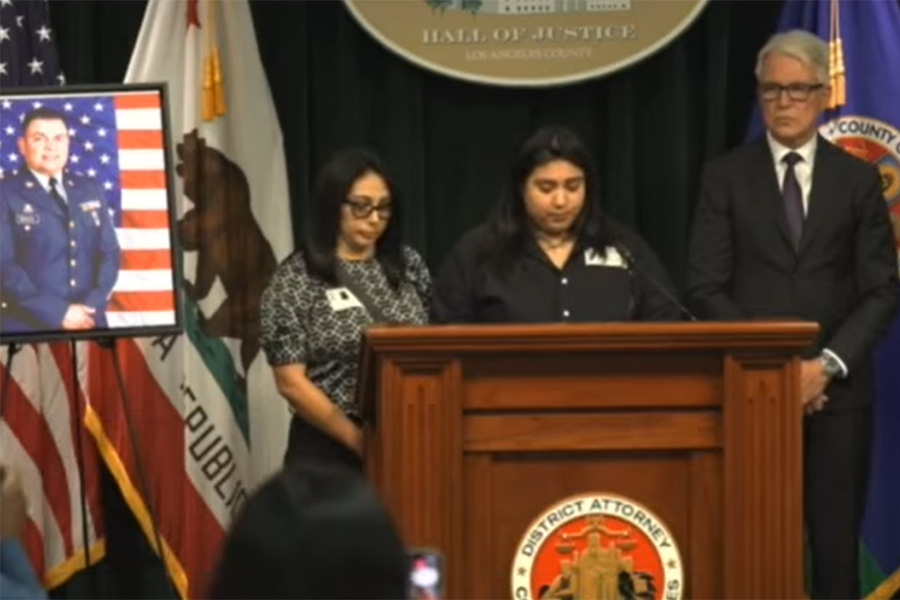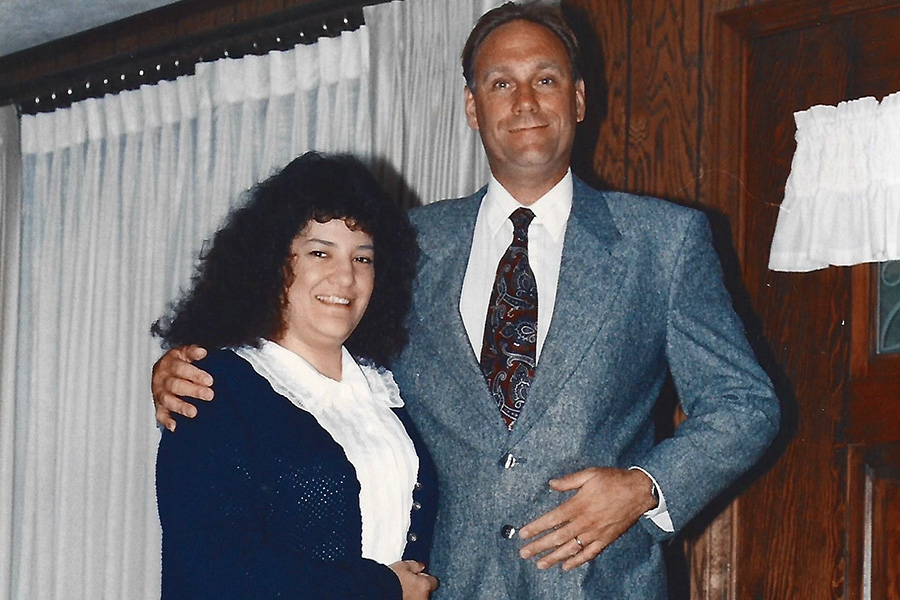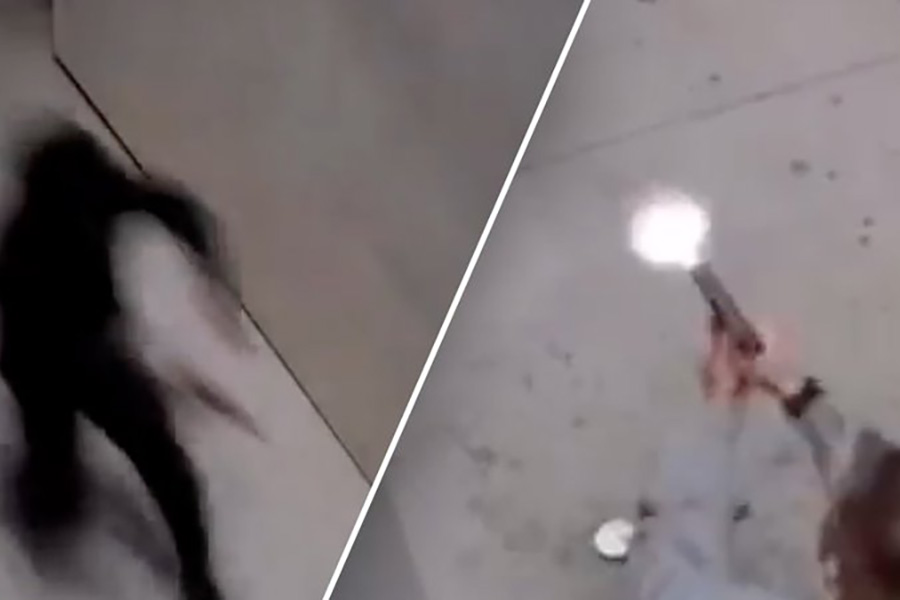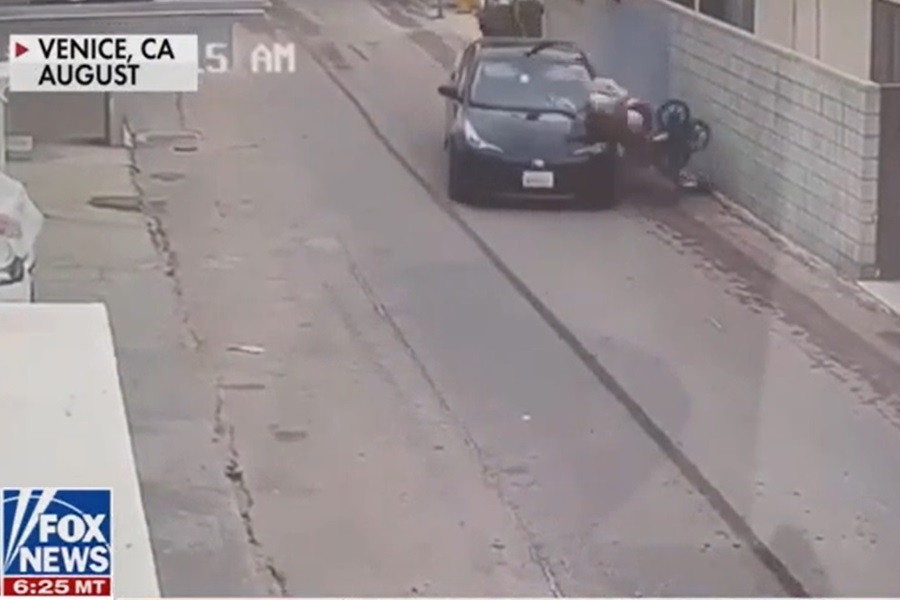Victim Stories: Emily Shane

On April 3, 2010, Sina Khankhanian intentionally drove at high speeds (70 mph +) to hit and kill 13-year-old Emily Shane. His actions robbed Emily’s family of their innocent, young daughter and resulted in unimaginable grief. Khankhanian was convicted of second-degree murder and sentenced to a minimum of 15 years to life. After serving just ten years, Emily’s parents were faced with a first hearing for him to be granted early parole. A second hearing followed a year later, and a third is now slated for October.
Compounding their trauma, District Attorney George Gascon’s policies deny them the right to a prosecutor’s guidance and support during these agonizing hearings. The system’s callous disregard for victims’ rights keeps Emily’s parents in the dark regarding these parole board hearings, causing them undue pain. We must stand with Emily’s family and demand Gascon reverse his cruel policies. Victims’ families deserve justice, compassion, and a prosecutor’s support. Anything less is a shameful betrayal of those who have already suffered the most unimaginable loss.
Defendants who have been convicted of murder or violent sex crimes are often sentenced to “Life.” Before a defendant who was sentenced to life can be released, there is a parole hearing to determine if the defendant still poses an unreasonable risk to public safety. Prosecutors from the county where the crime occurred attend and participate in parole hearings. Victims and families of murdered loved ones have an absolute right to attend the parole hearing. Inmates are provided an attorney, but Gascon does not allow prosecutors to attend parole hearings, so victims from Los Angeles County must attend these parole hearings alone. When prosecutors don’t participate in parole hearings, the parole grant rate is 8% higher. Because of youthful parole (Penal Code 3051) and elder parole (Penal Code 3055), most people are eligible for parole after only 20-25 years in prison unless they have a prior strike conviction or are convicted of Special Circumstances.
To learn about The Emily Shane Foundation, click here https://www.emilyshane.org/
“Game of Thrones” Actress Esme Bianco, Other Victim Advocates, Blast D.A. George Gascon for Mishandling Rape Allegations Against Singer Marilyn Manson and Other Gender-Based Assaults
LOS ANGELES / October 10, 2024 – “Game of Thrones” act...
Victims Speak Out: Guillermo Orellana
My name is Guillermo Orellana, and on April 24, 2013, my bro...
Victim Stories: Michael Pollard & De’Vaughn Carter
Defendant Efrem Demery was friends with Michael Pollard and ...
Hochman Demands Gascon File Gang, Gun Enhancements Against Suspects in Killing of Actor Johnny Wactor
LOS ANGELES / August 19, 2024 – District Attorney candidat...
Mother of man murdered in San Pedro bar says accused killer should have been in jail
This is a truly awful story about how Gascon refused to file...
Victim Stories: Ebora Alexander, Dietria Alexander, Damon Bonner, Damani Garner
On August 31, 1984 Ebora Alexander, mother of 11 children, w...
D.A. removes prosecutors, outraging parents of murdered boys
George Gascon’s recent removal of the prosecutors in the R...
Mother of slain El Monte officer blames Gascon for son’s death: ‘He has insane ideas’
In this heartbreaking video, the mother of one of two El Mon...
Victim Stories: LASD Deputies Jack Williams and Bobby Esquivel
Gascon attempts to reverse conviction of cop killer On May 2...
Victim Stories: Javier Zamora and Justin Curiel
Victor Bibiano and another gang member were convicted by ...
Gascon failed to protect the community from Raymundo Duran
There are so many ways that Gascon failed to protect the com...
Gascon complains murder victim’s family ‘can’t keep their mouths shut’
As if his lenient pro-criminal policies weren’t bad enough...
Protestors in Southern California rally against DA George Gascon
A group of demonstrators, many of whom have lost loved ones ...
California Globe – A ‘Gascon Special’
Three cold-blooded murders would get you life without the po...
Victim Stories: Philip White, Orsie Carter and William Carter
In May 2018, Nancy Jackson murdered Philip White (65 years o...
Family outraged over plea deal in 2018 killings of man, his parents in Los Angeles
LOS ANGELES (KABC) — Family members of three people m...
Daughter of Army veteran killed in front yard calls for justice, change to policies: ‘This is a vicious cycle’
Mario Morales-Moreno, 51, was shot and killed in front of hi...
Victim Stories: Donna and Richard Landau
In January 1996, defendant Antwone Allison and his cousin Ri...
Armed homeowner who defended home in shootout unloads on DA Gascon: ‘not gonna care’
Original article from Fox News Armed homeowner who defended ...
Victim of Hit & Run in Los Angeles: I Voted For Gascon To Reform Prisons, Not To Reward Criminals
A woman who was a victim of a hit and run in Los Angeles app...


